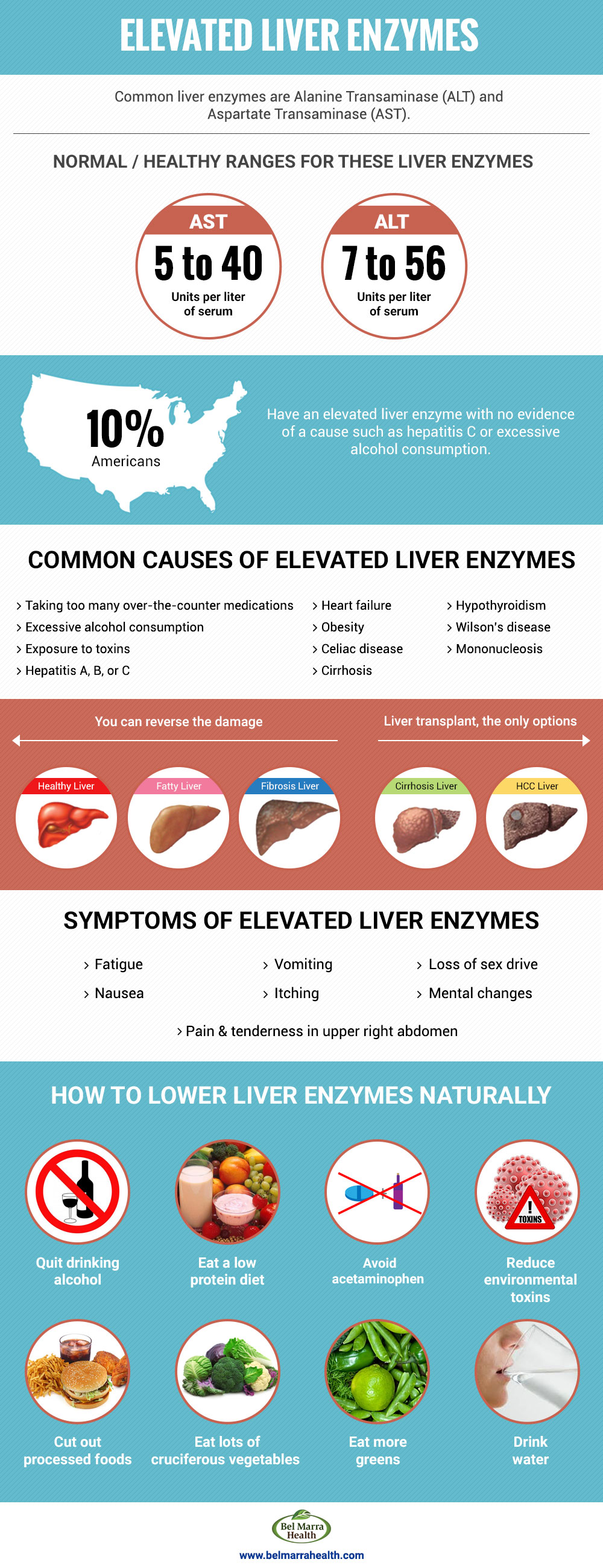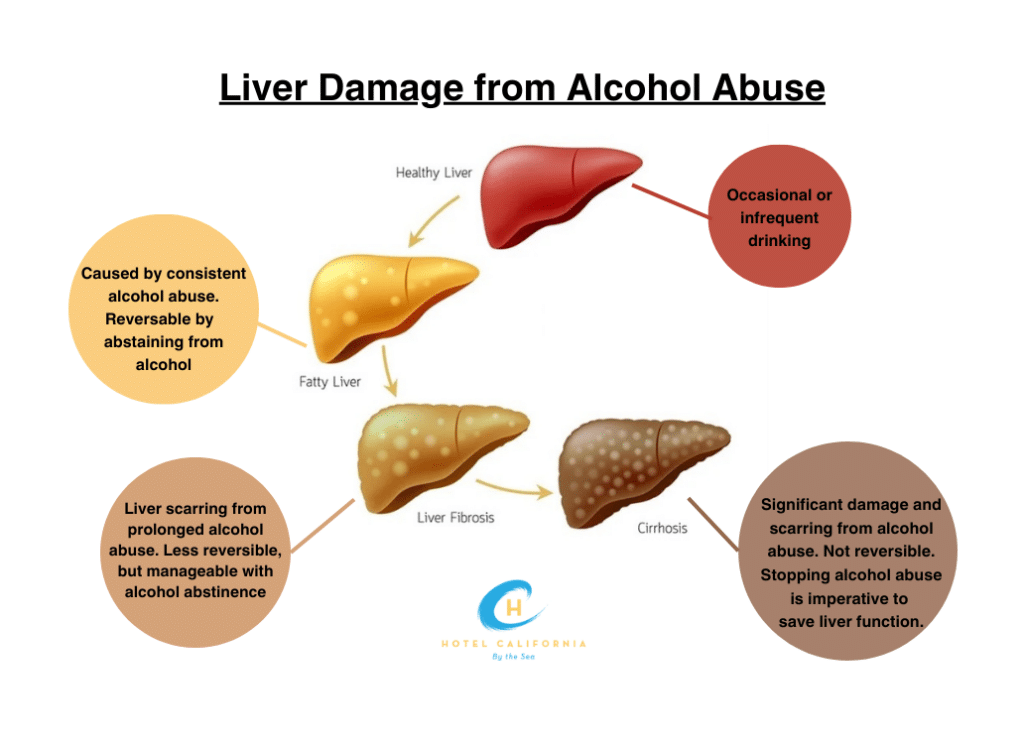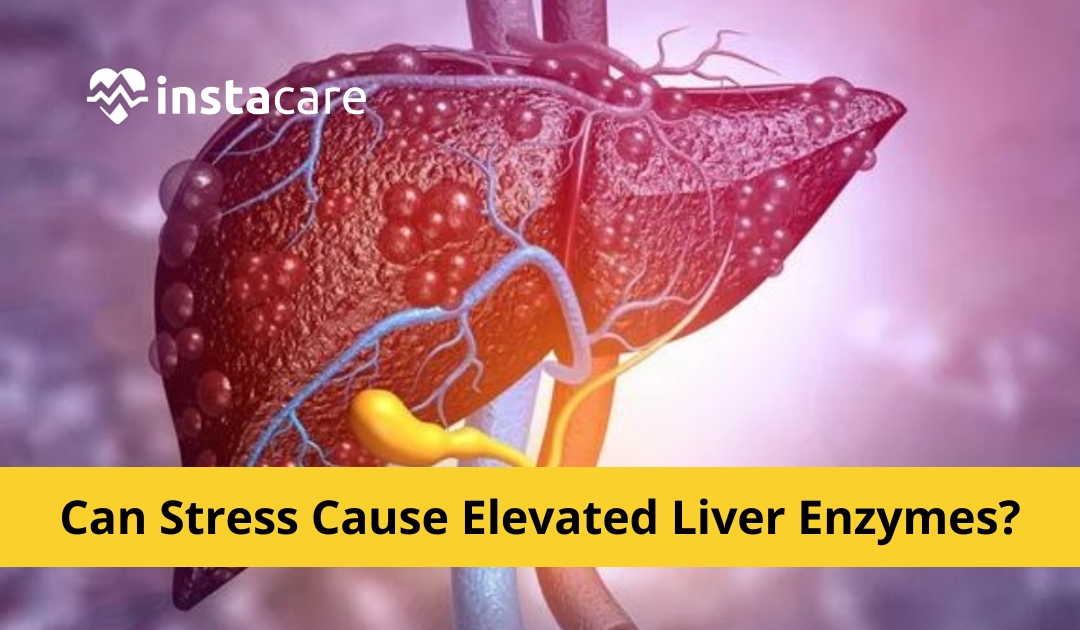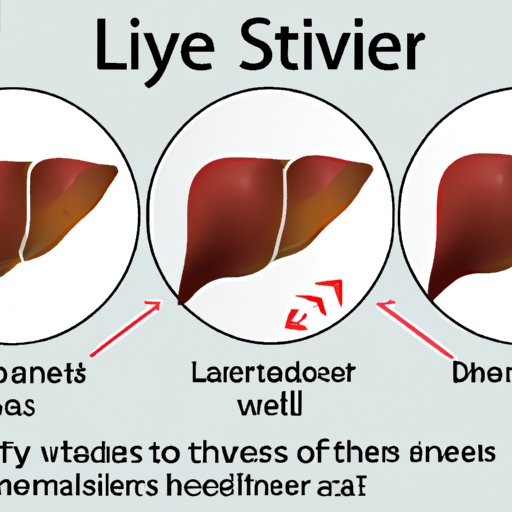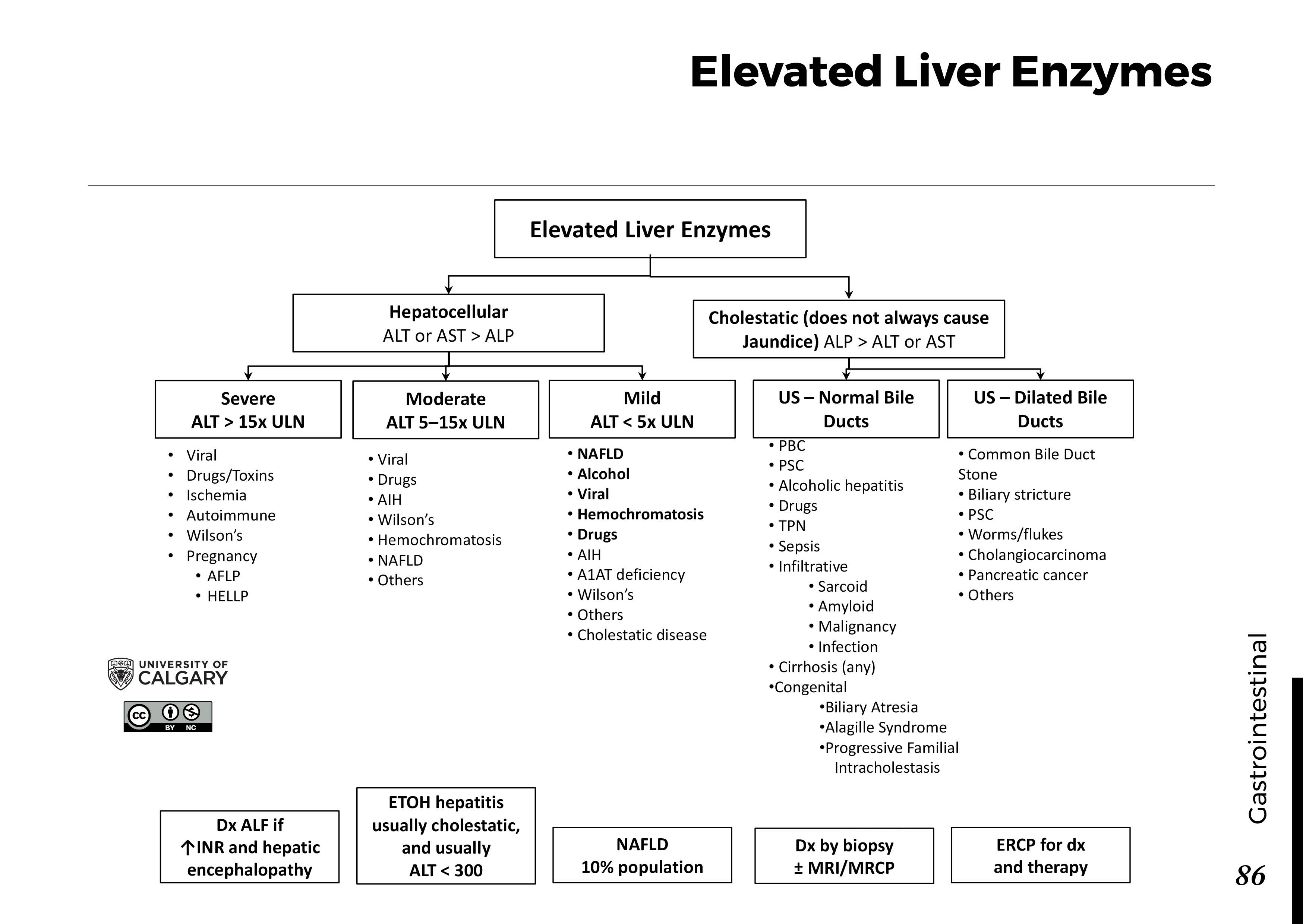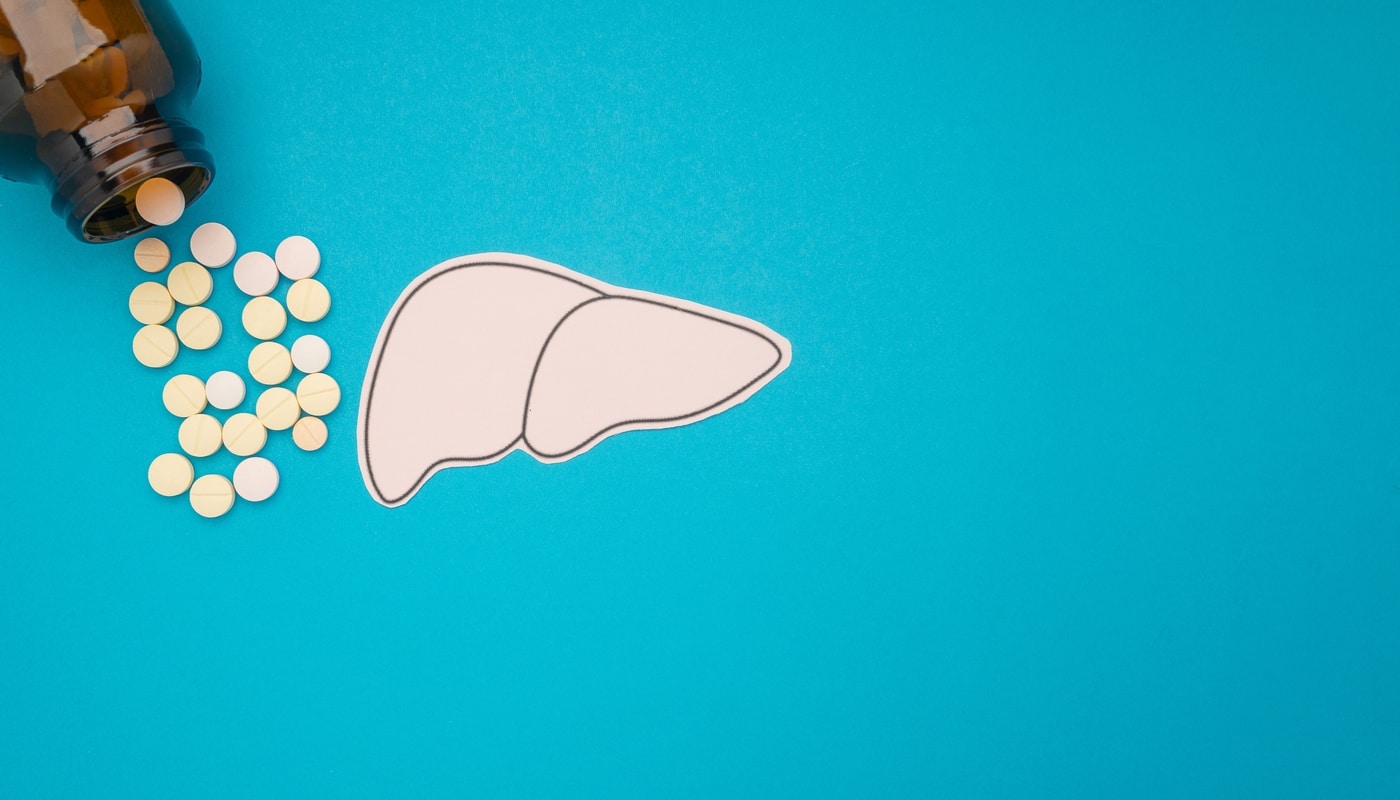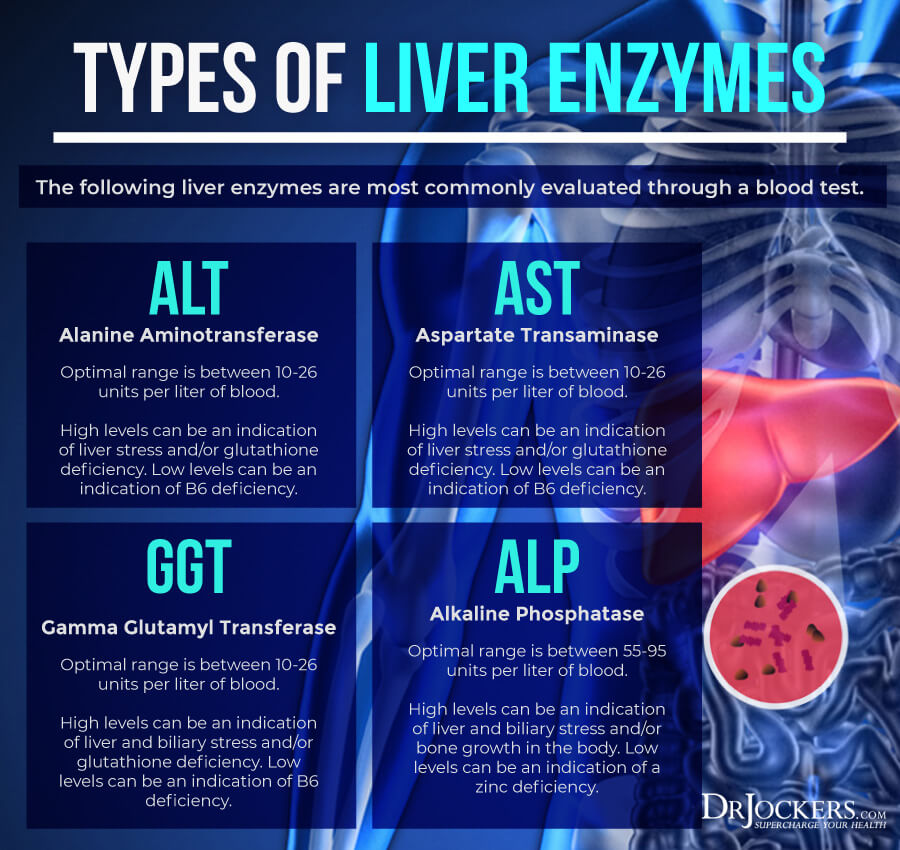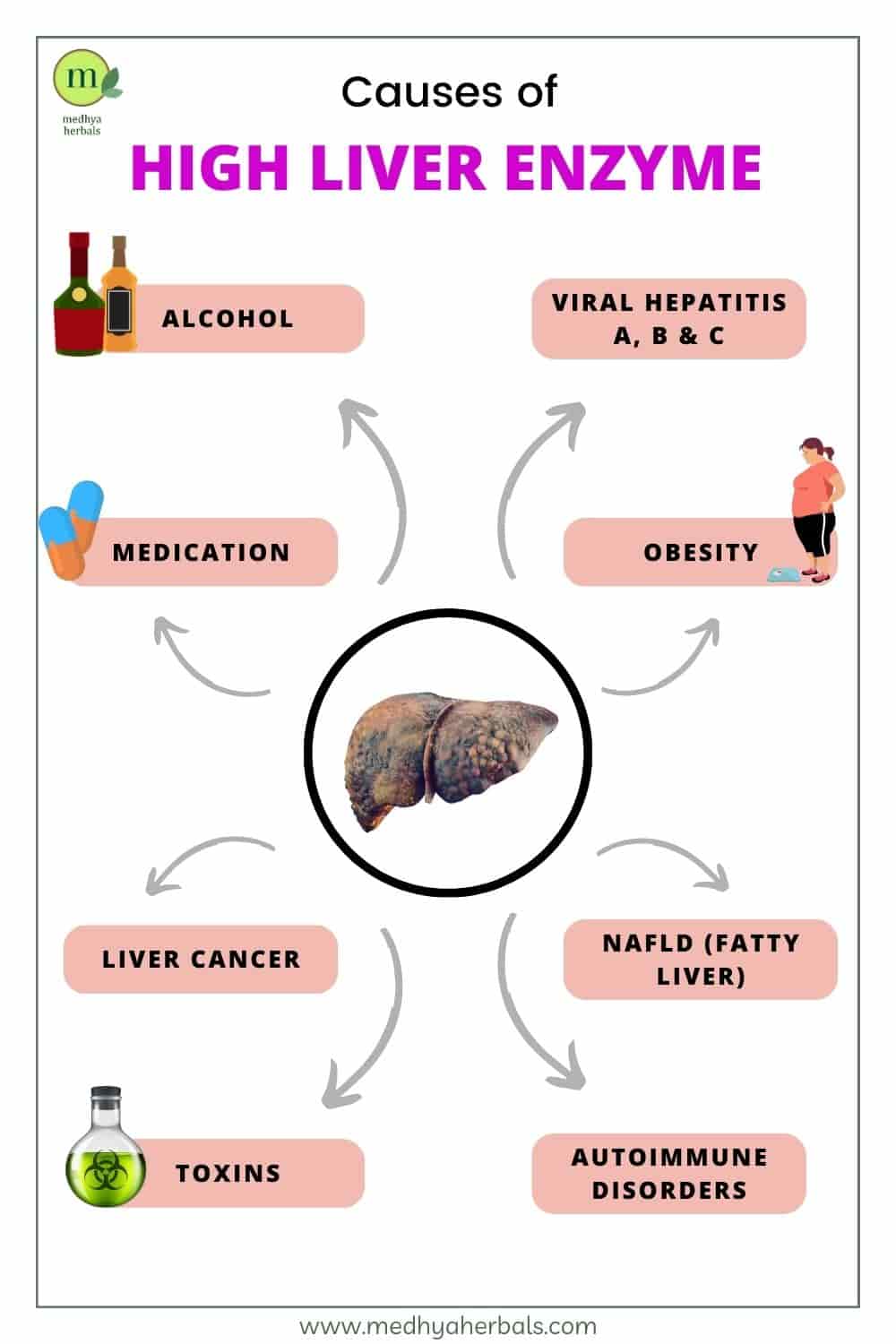Do Energy Drinks Cause Elevated Liver Enzymes

The increasing popularity of energy drinks has sparked concerns among health professionals regarding their potential impact on liver health. Recent studies and anecdotal reports have raised questions about whether frequent or excessive consumption of these beverages can lead to elevated liver enzymes, a potential indicator of liver damage or dysfunction.
This article delves into the ongoing investigation of the relationship between energy drink consumption and liver enzyme levels. It explores the available scientific evidence, expert opinions, and potential risk factors associated with this trend, aiming to provide a comprehensive overview for consumers and healthcare providers alike.
The Rise of Energy Drinks and Health Concerns
Energy drinks have become a staple for many, particularly young adults and those seeking a quick energy boost. Marketed for their ability to enhance alertness, improve performance, and combat fatigue, these beverages often contain high levels of caffeine, taurine, guarana, and other stimulants.
However, the high concentrations of these ingredients have raised concerns about their potential adverse effects on various organ systems, including the liver. The liver, responsible for detoxification and metabolism, is particularly vulnerable to damage from excessive intake of certain substances.
What are Liver Enzymes and Why Do They Matter?
Liver enzymes, such as alanine aminotransferase (ALT) and aspartate aminotransferase (AST), are released into the bloodstream when liver cells are damaged or inflamed. Elevated levels of these enzymes can indicate a range of liver conditions, from mild inflammation to more serious diseases like hepatitis or cirrhosis.
While elevated liver enzymes do not always signify severe liver damage, they warrant further investigation to determine the underlying cause. Healthcare professionals often use liver enzyme tests as part of a comprehensive assessment of liver health.
The Evidence: Studies and Reports
Several studies have investigated the potential link between energy drink consumption and elevated liver enzymes, with varying results. Some studies have reported a correlation between high energy drink intake and increased ALT and AST levels, particularly in individuals with pre-existing liver conditions or those who consume large quantities regularly.
For example, a case study published in the journal "BMJ Case Reports" described a previously healthy young man who developed acute hepatitis after consuming four to five energy drinks daily for several weeks. His liver enzyme levels were significantly elevated, and a liver biopsy revealed evidence of inflammation.
Conversely, other studies have found no significant association between moderate energy drink consumption and liver enzyme levels in healthy individuals. These studies often emphasize the importance of considering individual factors, such as genetics, overall health, and other lifestyle habits, when assessing the potential risks.
Expert Opinions and Potential Mechanisms
Experts in hepatology and toxicology offer several possible explanations for how energy drinks might affect the liver. One theory suggests that the high caffeine content in energy drinks could increase oxidative stress and inflammation in the liver, leading to cellular damage.
Another possibility is that certain ingredients in energy drinks, such as taurine or other herbal extracts, may have hepatotoxic effects in susceptible individuals. However, further research is needed to fully understand the specific mechanisms involved.
Dr. Sarah Johnson, a hepatologist at Mayo Clinic, notes, "While the evidence is not conclusive, it's prudent to be cautious about excessive energy drink consumption, especially if you have pre-existing liver issues or are taking other medications that can affect the liver."
Risk Factors and Recommendations
Several factors may increase the risk of developing elevated liver enzymes from energy drink consumption. These include high frequency of consumption, pre-existing liver conditions, genetic predisposition, and concurrent use of alcohol or other hepatotoxic substances.
Individuals with these risk factors should exercise caution and consult with their healthcare provider before consuming energy drinks regularly. Moderation is key, and it's generally recommended to limit intake to one or two servings per day, if any.
The Food and Drug Administration (FDA) does not currently regulate energy drinks as strictly as other beverages, but it does monitor reports of adverse events associated with their consumption. Consumers are encouraged to report any suspected side effects to the FDA.
Human Interest Angle: A Personal Story
Mark Evans, a 28-year-old fitness enthusiast, learned the hard way about the potential dangers of excessive energy drink consumption. He had been consuming several energy drinks daily to boost his workout performance, until he started experiencing fatigue, abdominal pain, and jaundice.
His doctor diagnosed him with drug-induced liver injury, likely caused by the high levels of caffeine and other stimulants in the energy drinks. After discontinuing the beverages and undergoing treatment, Evans's liver function gradually returned to normal.
"I never thought energy drinks could be so harmful," Evans admits. "I hope my story can serve as a warning to others to be mindful of what they're putting into their bodies."
Conclusion: Proceed with Caution
While the scientific evidence on the direct link between energy drinks and elevated liver enzymes is still evolving, there is growing concern among healthcare professionals. The high levels of caffeine and other stimulants in these beverages can potentially strain the liver, particularly in susceptible individuals.
It is essential for consumers to be aware of the potential risks and to consume energy drinks in moderation, if at all. Individuals with pre-existing liver conditions or other risk factors should exercise extra caution and consult with their healthcare provider before incorporating these beverages into their diet.
Further research is needed to fully elucidate the long-term effects of energy drink consumption on liver health. In the meantime, a balanced diet, adequate hydration, and sufficient sleep remain the best strategies for maintaining energy levels and overall well-being.


